We all know that we shouldn’t trust everything we read online. Just because someone has access to the internet and creates a blog doesn’t mean that they’re actually an expert on the topic at hand. And you should be especially wary of anyone who’s trying to sell you something.
Wellness influencer Janelle Rohner recently found herself under fire after admitting to her over 5 million followers that she had been taking weight loss medication while crediting the course on her site for her transformation. Below, you’ll find all of the details, as well as some of the replies viewers left Janelle.
More info: Instagram | YouTube | JanelleRohner.com
Influencer Janelle Rohner has gained a substantial following for sharing her weight loss journey online
Image credits: janellerohner
She has also profited off her success story by selling a $200 course

Image credits: Janelle Rohner

Image credits: janellerohner
However, she recently came clean about the “tools” that helped her achieve her goals in a video

Image credits: Janelle Rohner
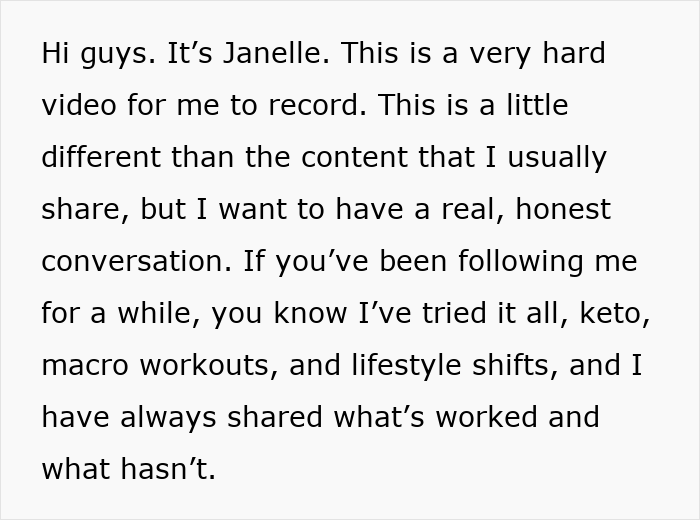

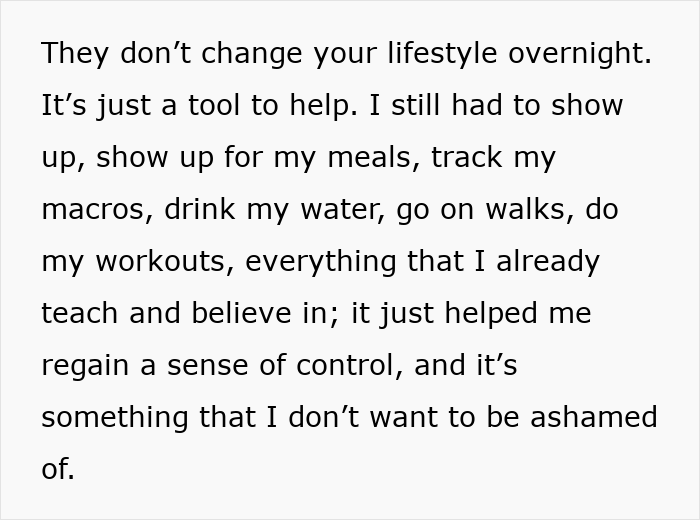
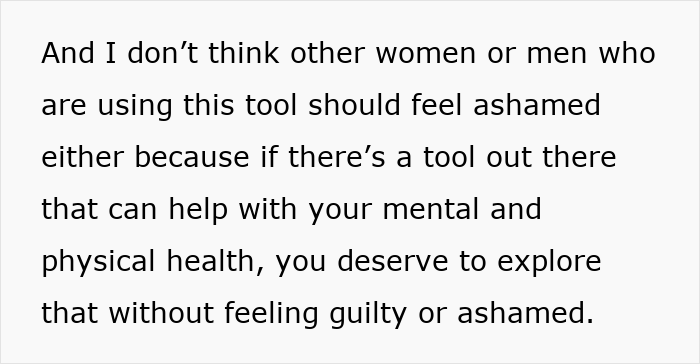
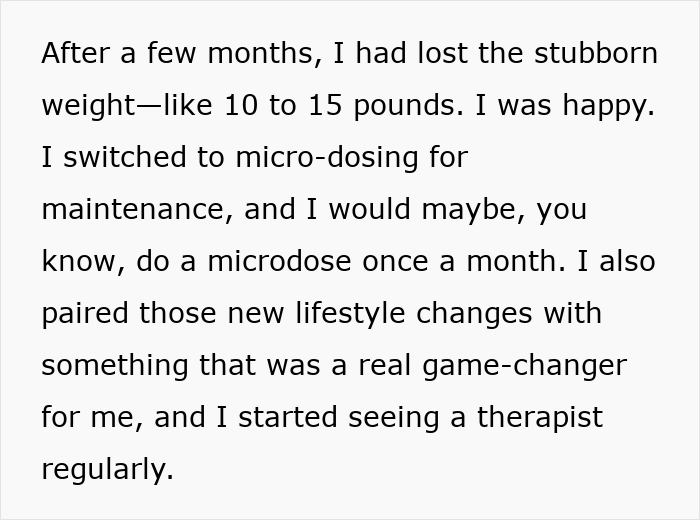
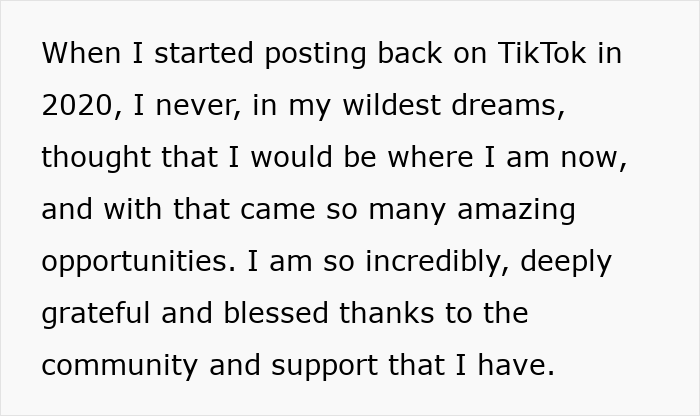
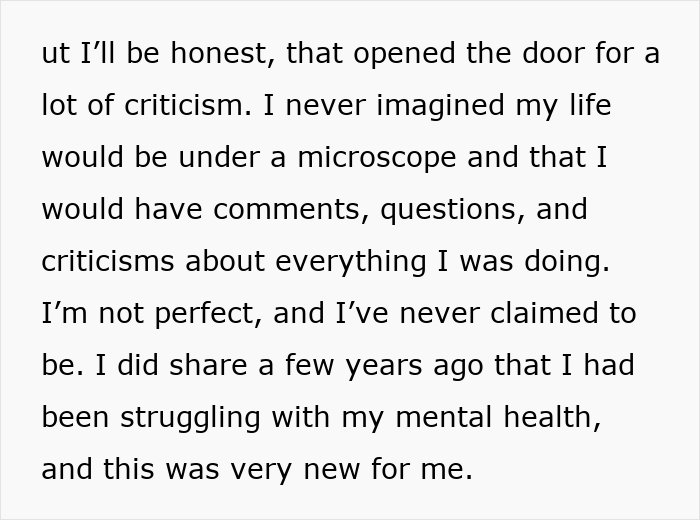
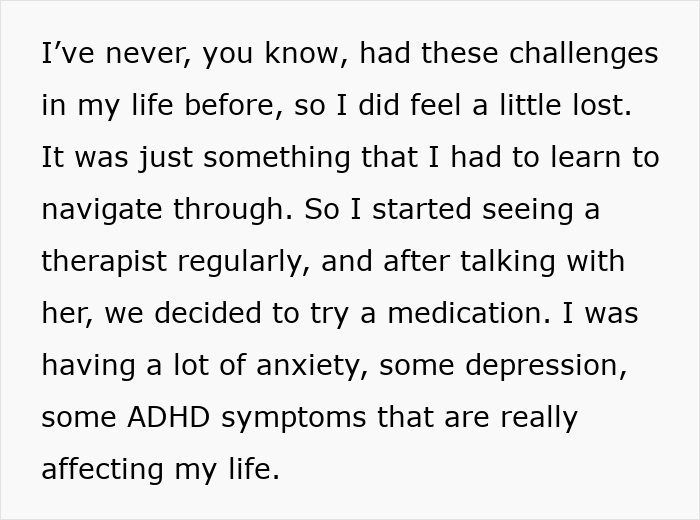
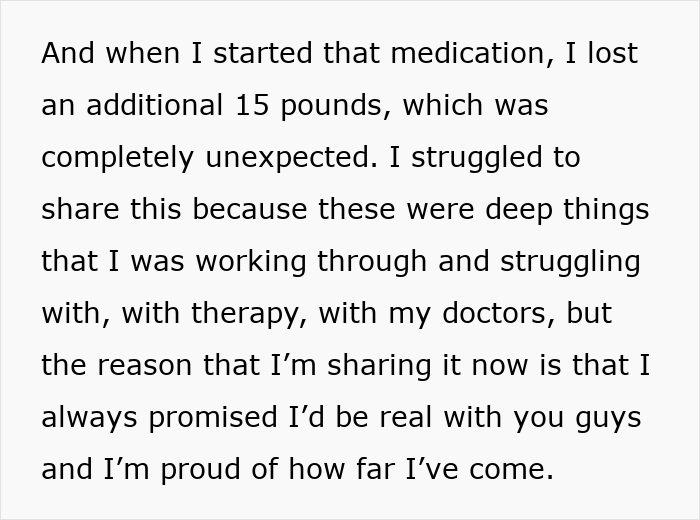
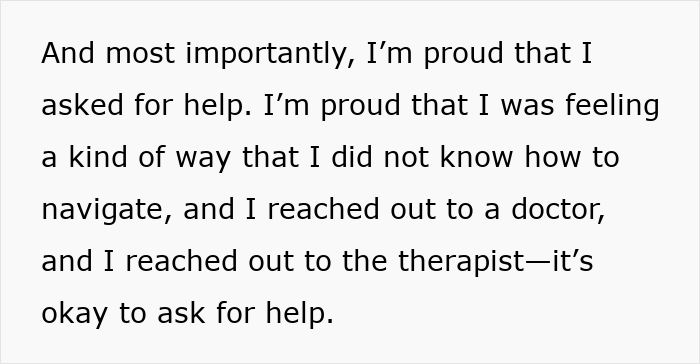
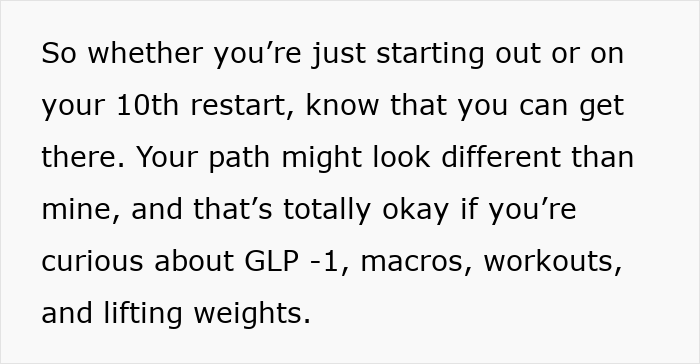
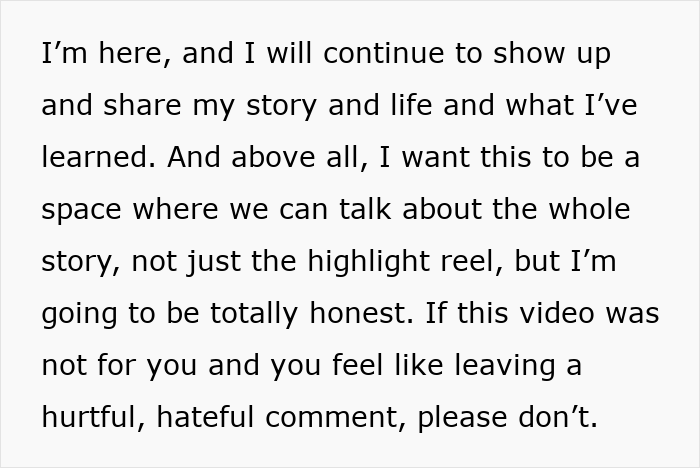
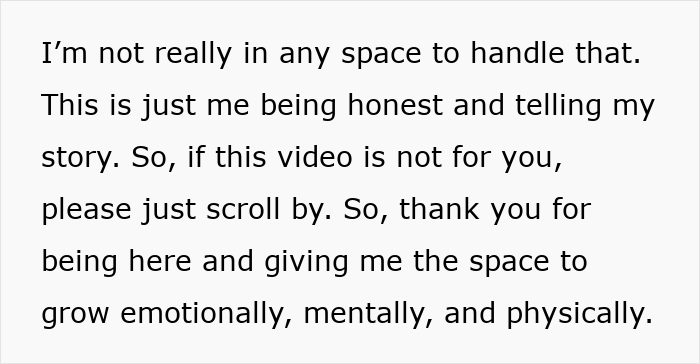

Image credits: Janelle Rohner
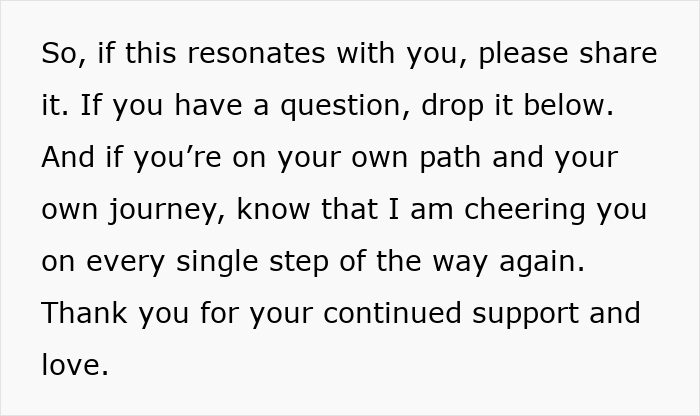
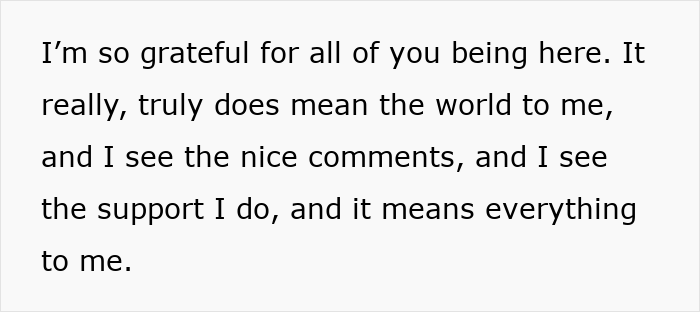
Here’s the full video Janelle shared on YouTube admitting to taking medication
She immediately received backlash from fans who felt misled


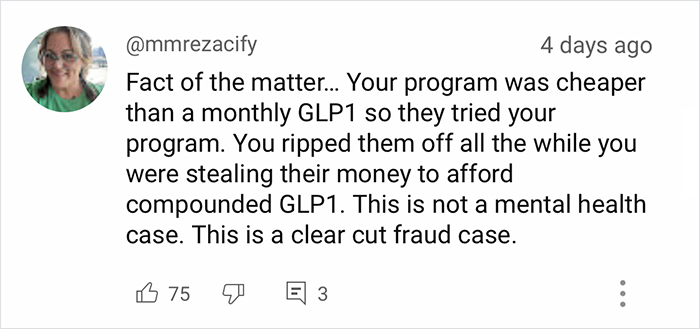

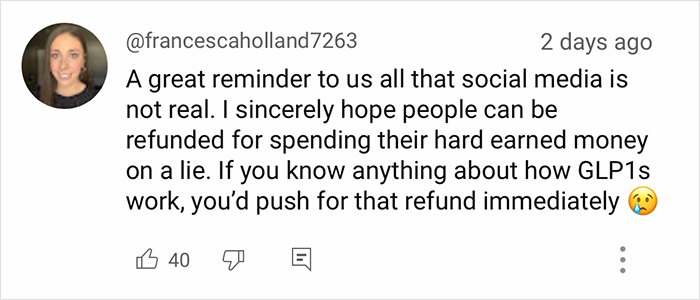
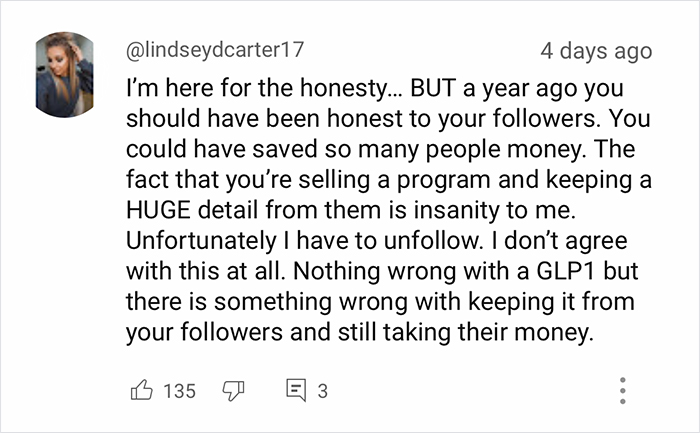

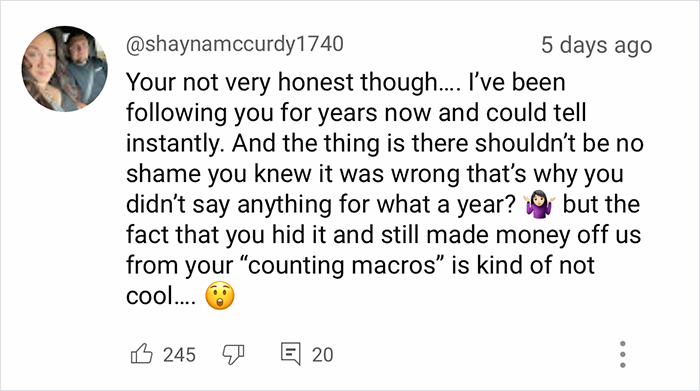
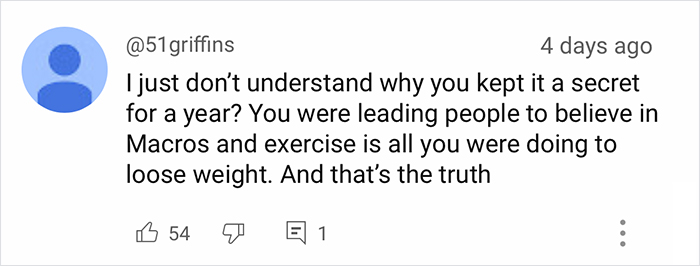
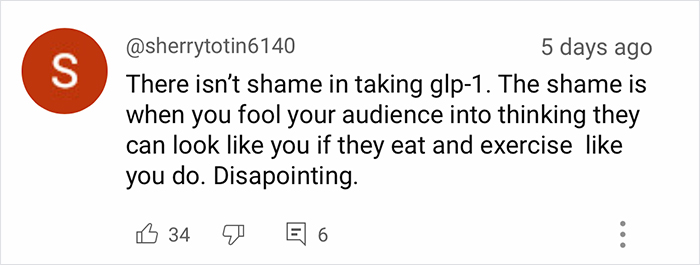
So Janelle shared another video addressing some of the criticism she’s received

Image credits: janellerohner
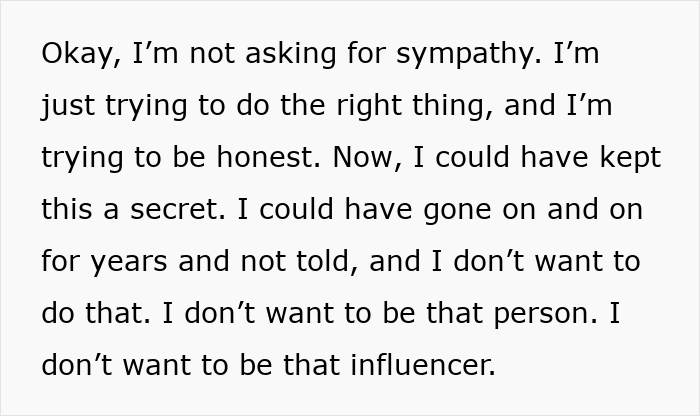
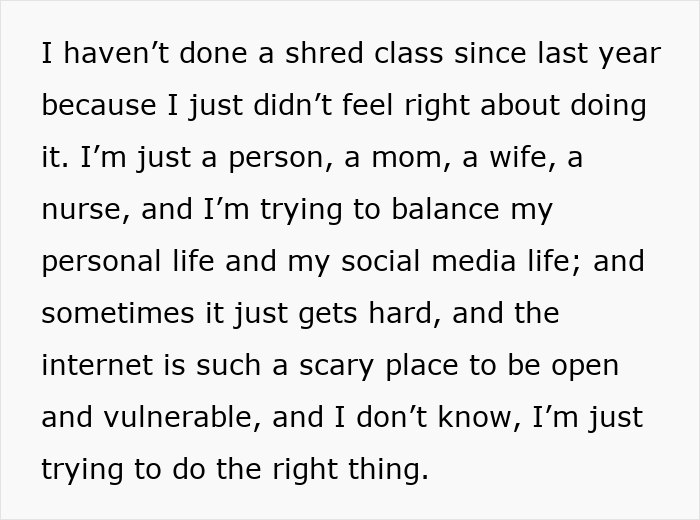
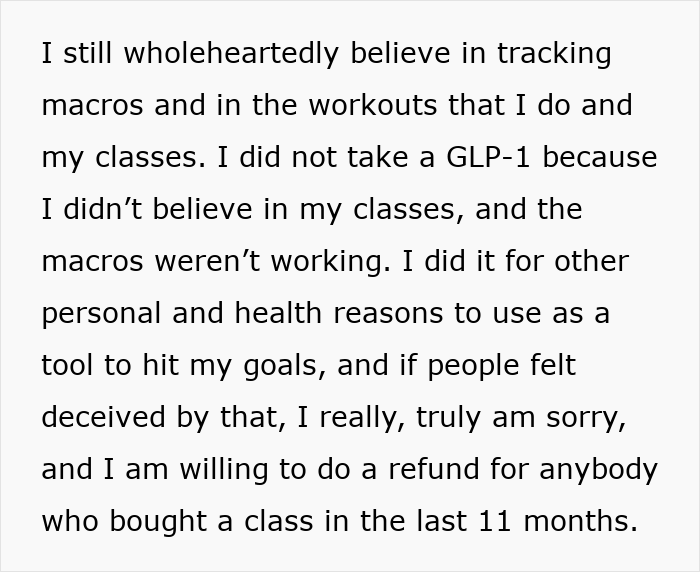

Image credits: janellerohner

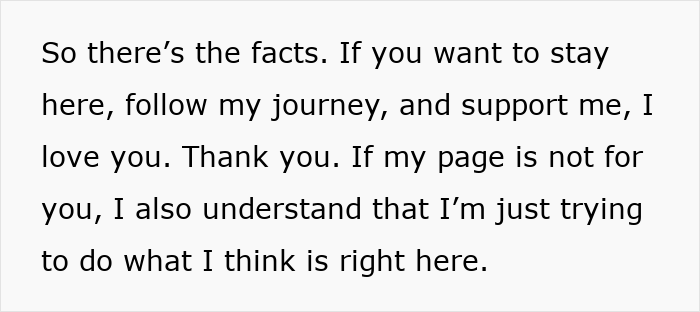
You can hear her full response here
@janellerohner Replying to @🌼millie🌼 ♬ original sound – JanelleRohnerThe social media world encourages creators to do whatever will earn them views, even if that means bending the truth
Over the past two decades, social media has completely transformed the way that so many of us interact with the internet. Gone are the days when we would simply look for celebrity interviews and funny videos on YouTube. Now there are thousands of “regular” people who actually make a living by sharing content that revolves around themselves online.
In 2022, the Pew Research Center found that 40% of Americans follow influencers or content creators on social media, and 30% have been influenced to buy something after seeing a creator talk about it online.
Considering how accessible and lucrative being a social media personality can be, it’s no surprise that there are now 127 million influencers across the globe. Story Box reports that the majority of these creators are “nano-influencers,” with only 10,000 followers or less. But 13% have over 100,000 followers, which can lead to many financial opportunities. On TikTok, for example, creators with over 1 million followers can sometimes even earn $10,000 per post, SEO.AI reports.
Part of this profit comes from clicks, as the TikTok Creator Fund pays between two and four cents per 1,000 views. Meanwhile, some of these earnings come from gifts and donations from fans, and some come from brand deals.
And, of course, if someone has managed to grow a significant platform, they might even be able to sell their own products or courses to fans. Because Janelle Rohner has amassed 5.2 million followers on TikTok and is a “Certified Macro Coach,” she was able to sell her MACROS 101 class to devoted fans.
On her website, she claims that the $200 course “will literally change your life and the way you view food.” She also added, “I went from eating 1,200 calories to 2,200 calories and actually lost more weight, gained muscle and completely changed my body composition. I discovered muscles I didn’t even know I had!”
At the end of the day, most influencers are going to prioritize making a profit

Image credits: Daiga Ellaby / pexels (not the actual photo)
Because of the claims Janelle was making to sell her course, as well as the before and after photos she was posting on social media while attributing all of her progress to her course, it’s not surprising that followers were unhappy with her admission to using a GLP-1 medication.
Followers are now calling Janelle a fraud, claiming that she scammed her fans and demanding that she issue refunds to those who purchased her course. It’s perfectly fair for those who bought the course to be upset or feel like they’ve been duped. However, this is, unfortunately, far from the first time that an influencer has been dishonest with their audience.
In fact, in January 2025, many influencers were under fire for admitting that they had been lying to their audiences right before they believed that TikTok was going to be banned in the United States. The app ended up only being suspended for less than a day, and as soon as it was back, influencers had to deal with the repercussions of their confessions.
It’s a hard lesson to learn, but we should always be a bit skeptical of anyone who is trying to sell us a product. (Even if they seem genuine, and they’re a “real person,” rather than a company.) At the end of the day, they might be more interested in profit than their fans. So think long and hard before shelling out $200 to any social media personality.
We would love to hear your thoughts on this situation in the comments below, pandas. Then, if you’re interested in checking out another Bored Panda article discussing similar influencer drama, look no further than right here.
Many viewers were extremely upset with Janelle for concealing the truth behind her weight loss







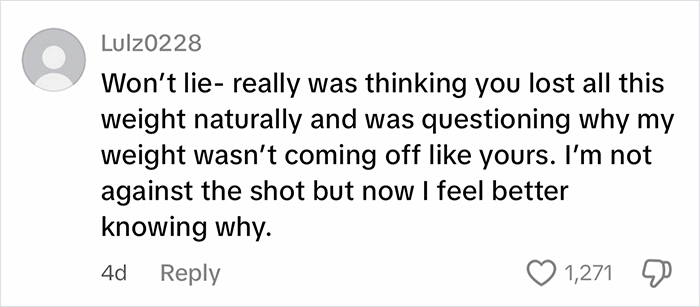












However, some thought that she didn’t deserve so much backlash for being honest










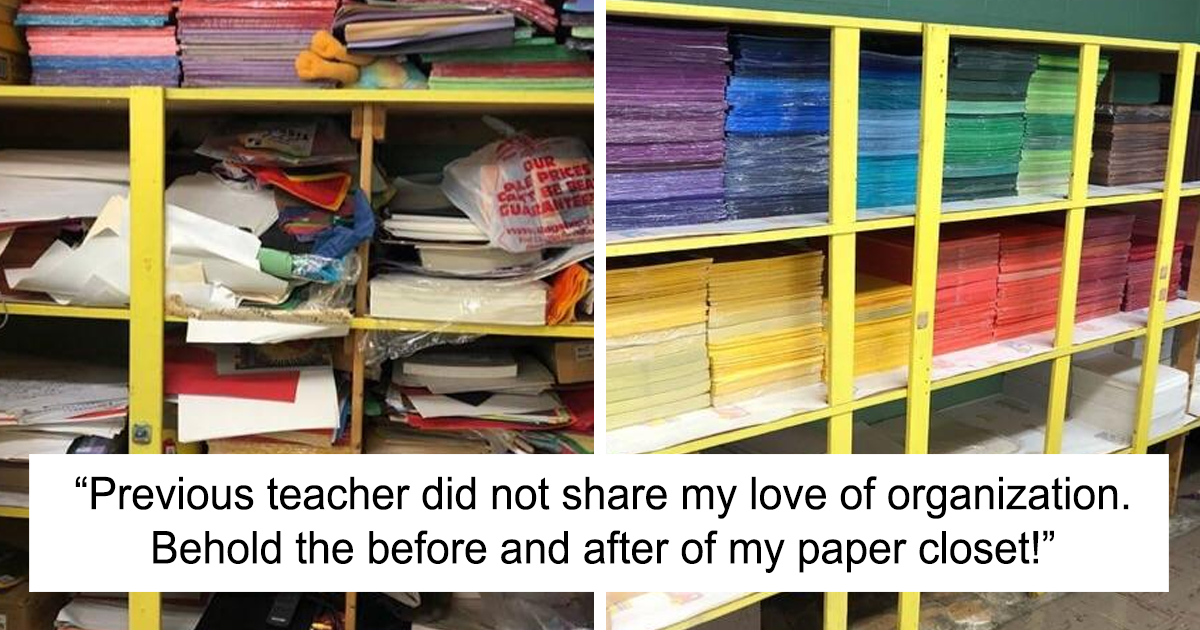









 English (US) ·
English (US) ·